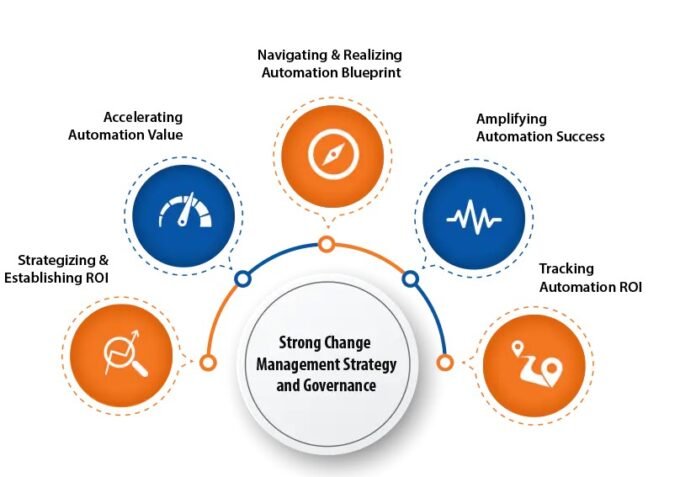Deciding on which LMS platform would be the right fit for your learning institution is a huge decision, but it doesn’t necessarily need to be a painful one.
Online learning or e-learning as we call it these days, has, for better or worse, become the new norm for today’s students. The mass implementation of online learning (during and even before the pandemic) has forced schools and the educators that run them, to seek out new or improved LMSs (Learning Management Systems).
But before choosing an LMS platform that works best for you, it’s important to understand the full extent of what online learning looks like today, and what will be expected of your new LMS for school.
E-learning – what is it exactly?
Online learning doesn’t come in just one form, it takes on many different roles, varying greatly depending on an institution’s or educator’s unique classroom needs.
Some online learning and teaching is done remotely and takes place completely online, through either the live-streaming of lectures or prerecording courses. While other forms of online learning are more blended, like classes taught in the classroom while heavily using online courses and learning tools.
K-12
Due to a unique mix of students’ learning needs and lower budgets, K-12 online learning is usually a mix of classroom learning and online tools.
This blended learning technique of including online learning tools into classroom work has been proven to be effective in student learning outcomes. And to top things off, the more lightweight LMSs that work well for blended learning, are usually much more cost-effective, which works well for lower-budget institutions.
During the pandemic, LMS for schools in the K-12 group helped give teachers (and parents) a smooth transition as they did their best to keep their students’ learning experiences as similar to a normal school day, pre-pandemic, as possible. With easy-to-understand class scheduling and “homework” at-home assignments, students, parents, and teachers carried on.
Higher education
Colleges and Universities have used online learning tools for a good amount of time now. Going back to as early as the 1990s, classwork could be accessed, at least partially, through a University’s online sources
Universities often have larger budgets that can handle the cost of investments in complex learning management systems, but these intricate programs also come with large amounts of maintenance, and oftentimes, systems aren’t seamlessly integrated with each other.
But one thing that online learning at all levels has in common? That these days, all educational institutions require some form of an LMS, in order to effectively track student progress, assign and create learning material and lessons and report on student outcomes.
Why choosing the right LMS for schools is so important
Whichever LMS for school that your institution decides upon will have a direct impact on the students’ and teachers’ experiences. And this can ultimately have long-lasting effects on a school’s overall productivity.
Learning experience
When students can easily understand how to use their learning tools, and genuinely enjoy doing so, they are capable of retaining more information, resulting in much more effective learning.
It’s common knowledge that happy students are successful students. In other words, when learning is fun, a school’s overall performance is noticeably higher.
A poor functioning LMS can turn students off of the material they are learning, and make educators’ jobs more difficult, or even impossible.
Work environment and teacher burnout
The same can be said for educators. When they are provided with tools that are efficient and effective, they are able to do their job in a much more productive manner.
Not to mention, when a smooth operating and enjoyable LMS is available to teachers, their stress levels are much lower. Teacher burnout is real, but choosing the right LMS can help avoid it.
How to make the best decision when choosing the best LMS for schools
LMS for schools has really leveled up in the last several years, as the market for LMS platforms has grown significantly.
Choosing the right platform for your institution should be as unique of a decision as your school is itself. No schools will require exactly the same thing. Factors like budget, system integration, teacher feedback, and platform customization should all be carefully considered.
Some LMS are more complex and are better suited for higher education, while other LMS for school platforms offer better tools for making blended learning easy at the k-12 level.
Doing your research and finding a company that analyzes a multitude of LMS platforms and their performance, could be beneficial in helping to make the best decision for your school.








